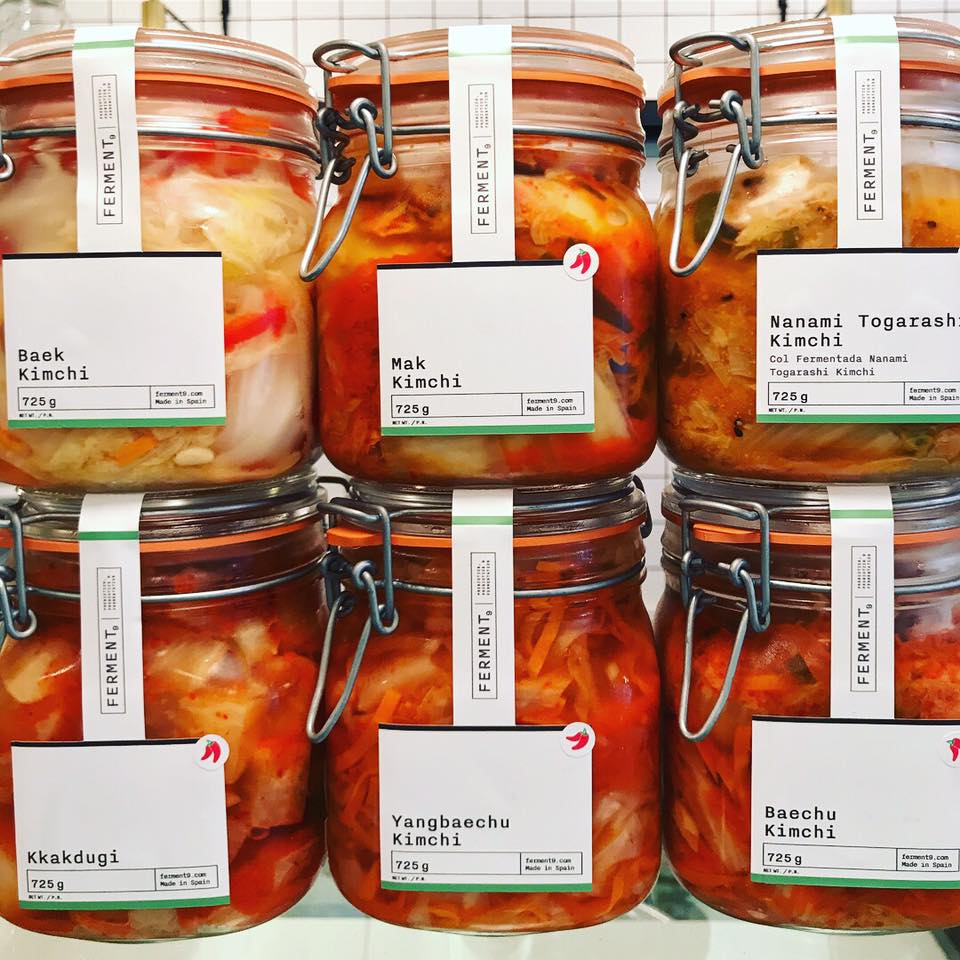Fermentation Goes Mainstream with Speciality Shops from LA to London

Skift Take
Ferment9's declaration and existence points to a dining trend in which once obscure health movements are becoming storefront concepts entirely unto themselves.
Pickles, relishes, and krauts once relegated to the smallest portion of the plate are moving front and center. Fermented foods have jumped to the forefront of restaurant menus as consumers seek natural, local, and handcrafted culinary experiences — largely fueled by an increase in gut-focused wellness literature.
Of course, the fermented foods championed in the West are only a small portion of the many varieties of fermented foods that have formed a nutritional pillar across cultures and continents for ages.
There's the familiar: kimchi from Korea, miso from Japan, or tempeh from Indonesia. However, there is also bagoong (fermented salted fish) from the Philippines, injera (fermented teff) from Ethiopia, garri (fermented cassava roots) from West Africa, poi (fermented taro) from Polynesia, and doogh (fermented yogurt


